Faculty

John Beavers (PhD 2006 Stanford U.) has research interests in formal syntax and semantics, with a specific focus on the lexical semantics of verbs and the ways events are represented linguistically. He has ongoing projects on argument realization, lexical aspect, the semantics of change-of-state, and the relationship of regular and idiosyncratic meaning in a verb’s semantics.

Stephen Wechsler (PhD 1991 Stanford U.) has interests in word meaning and syntax, agreement, self-reference, HPSG, and LFG. He is currently working on stochastic models of language change with a Minimalist LFG flavor.
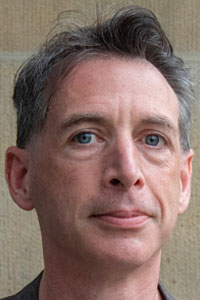
David Beaver (PhD 1995 U. Edinburgh) works on all aspects of linguistic meaning. Current projects include a book “The Politics of Language: An essay in non-ideal theory” jointly authored with Yale philosopher Jason Stanley. The book attempts to build a theory of meaning that centers on the resonances of language, including social and emotional resonances, rather than on the capacity pif language to carry information about the world. This work integrates notions familiar from formal pragmatics such as presupposition and accommodation within a broad picture of the social role of language in ideological change and ideological transmission. Other ongoing research includes a project on miscommunication, and two computational projects using social media data, one on emotion and political polarization, and the other on protest and trust in institutions.
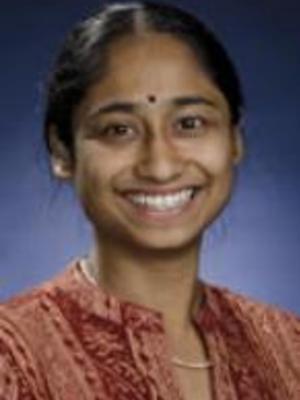
Ashwini Deo (PhD 2006 Stanford U.) has a primary interest in systematic semantic change — particularly in the ways in which functional morphemes change over time. She also works on synchronic phenomena in the domains of aspect, temporal reference, lexical semantics of verbs, and discourse particles. Another long-standing interest is in case/agreement patterns, particularly in split-ergative and split-oblique systems and their evolution.
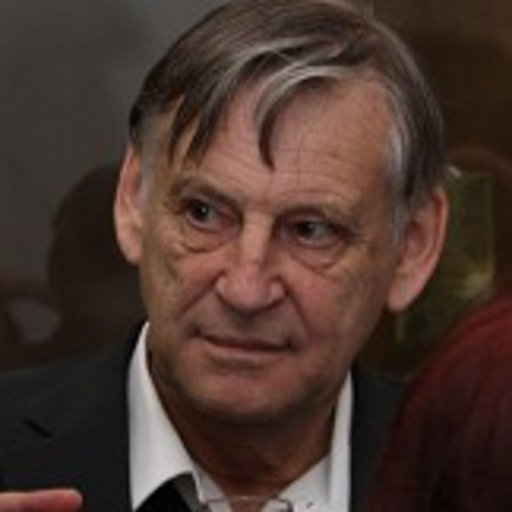
Hans Kamp‘s work focuses on the question how human beings represent meaning and how those representations enable them to do the various things that they do with information. The founder of Discourse Representation Theory, and a leading figure in logic, linguistics, and the philosophy of language, he has authored classic works on temporal logic, tense and aspect, adjectives, vagueness, free choice permission, attitudes, and semantic representation.
Students
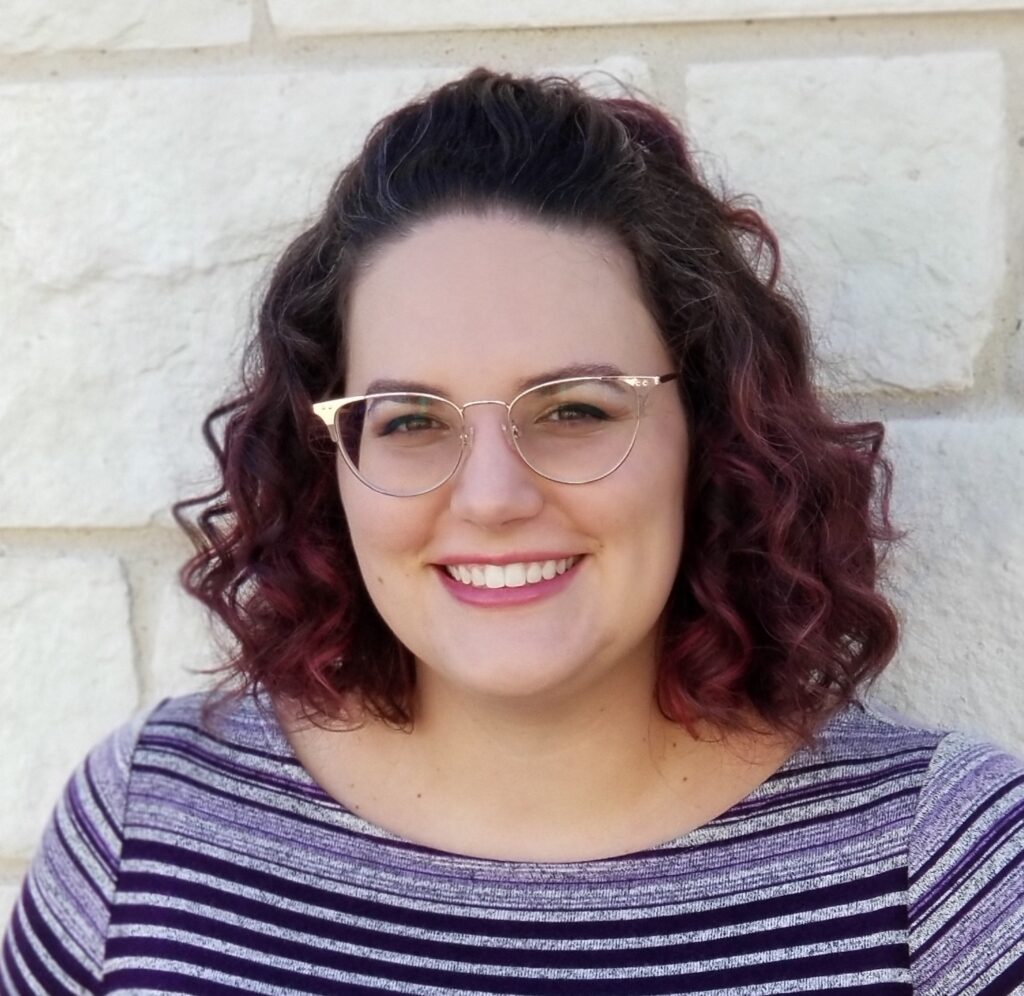
Caitlin Coons is working on a dissertation on the structure of relative clauses in Lengua de Señas Mexicana (Mexican Sign Language, LSM) and variation in relativizing strategies across sign-monolingual LSM and sign-bilingual LSM-ASL signers. Her broader interests include signed language morphosyntax and typology, the description of sign language contact, and the creation of accessible LSM and sign materials for and by Deaf communities.guage (LSM).
Michael Everdell has interests in Uto-Aztecan, O’dam (Southeastern Tepehuan), argument realization, lexical semantics, agreement, suppletion, and language change.
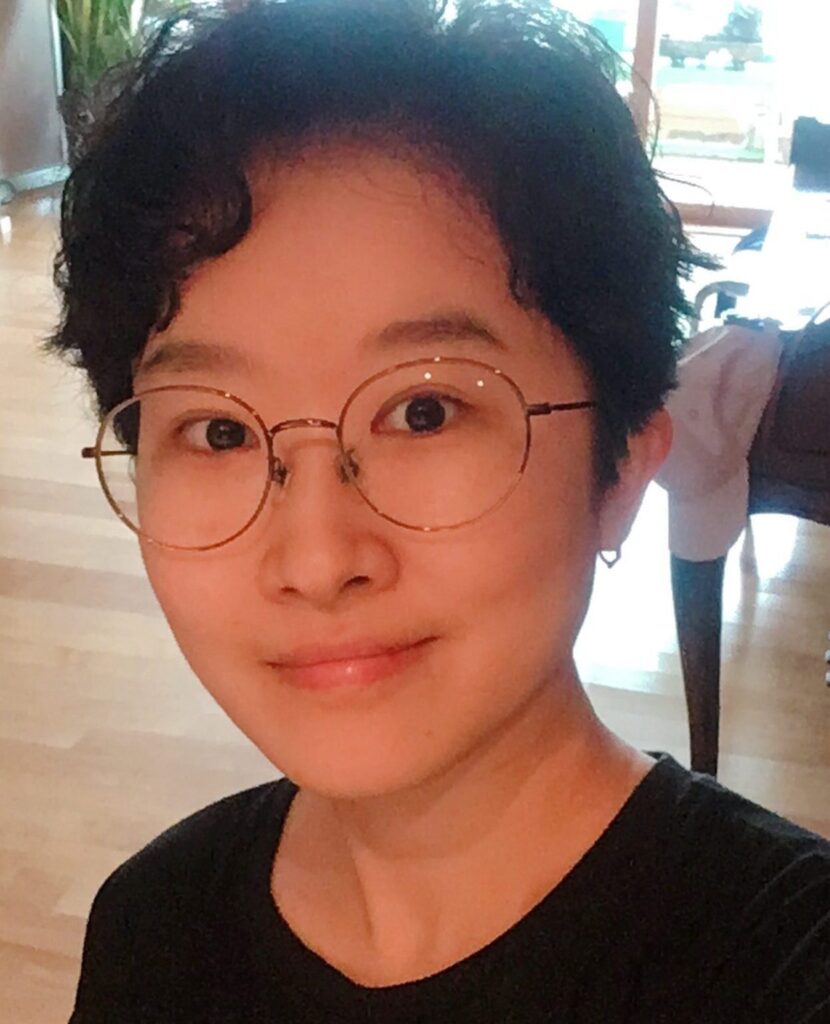
Seyeon Park has interests in lexical semantics and discourse particles. She is currently working on her second year paper on focus and topic marking in Korean, and also on a paper on Korean causative constructions and generic sentences.
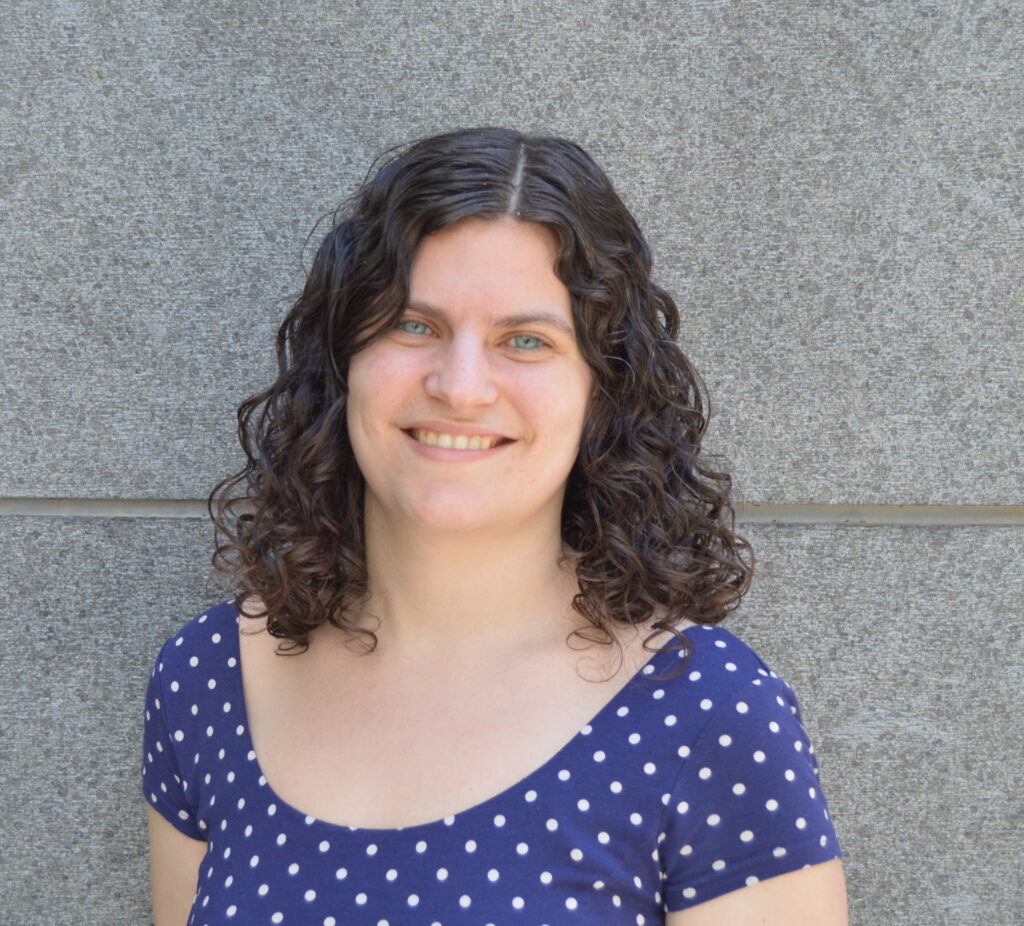
May Helena Plumb is writing a dissertation on the expression of temporal-modal semantics in Tlacochahuaya Zapotec. Her broader interests extend to digital humanities, the preservation of language data, and supporting intellectual infrastructure for Indigenous people doing language work.
Scott Spicer has research interests in lexical semantics, the syntax-semantics interface, and Semitic templatic morphology. He is writing a dissertation on the semantic underpinnings of the Modern Hebrew templatic morphology, and has other projects on lexical aspect and event maximality, semantic variation in the causative-inchoative alternation, and scalar approaches to verb decomposition.
James Tandy has interests in Mayan languages, historical linguistics, morphological theory, and constructed languages. He is currently studying morphosyntactic change in Mayan deverbal morphology, including nominalization, infinitives, and particles.
Gabriella Chronis
Kristin Denlinger
Ekaterina Levina
